In this article
View 3 More +In this post, we’ll explain how indoor cats get fleas and why flea and tick preventatives are important for all cats.

How Do Indoor Cats Get Fleas?
Not going outdoors isn’t enough to keep indoor cats safe from fleas, as these can be brought into your home in a variety of ways. Let’s take a closer look at how these pests can get onto your cat even if they don’t go outside.
1. Other Pets
If you also have a dog, it’s possible for them to bring fleas into your house, which can then affect your other pets. Even if the dog is given flea preventatives, it can take some time for products to actually kill the fleas, meaning dogs can still carry live fleas and their eggs, and these can hop onto your unprotected cat or the eggs can drop off in your home. This is why treating all your cats and dogs with flea preventatives is essential.

2. People
People can also transmit fleas to their cats by visiting a house with a flea infestation. So, let’s say a friend or family member’s cat or dog has fleas, and they pop over to visit you. They could be bringing fleas or flea eggs on their clothes right into your home. The same goes for if you visit them. Fleas could come back with you.
3. Second-Hand Fabrics
While second-hand shopping is a great way to save money and help the environment, previously owned items, too, can be vehicles for fleas. For this reason, it’s wise to thoroughly disinfect and wash any second-hand clothes, blankets, or other items you’ve bought in case they come from a home with a flea infestation.
4. Pet Establishments
If your indoor cat or another pet has spent time in a cattery, boarding facility, or shelter, they could pick up fleas and bring them home. Visits to the vet also put non-protected cats at risk of fleas.
5. Mice and Rats
Mice and rats can also carry fleas, so if you have some unwelcome guests scuttling around, your indoor cat could easily end up infested with fleas, too. Proper cleaning routines are key to keeping mice and rats at bay, especially in the kitchen. It’s also crucial to check that your garbage cans are well-covered and that you close up any holes in your walls.
On that note, please don’t use cruel traps like snap traps or glue traps to capture mice and rats. Instead, stick to humane traps, like catch-and-release traps that don’t kill or harm the animal.
6. Moving House
Flea infestations could be present in your new home when you move, and the chances are increased if the home is carpeted. Central heating is another factor. Fleas thrive in warm areas. Even if you can’t see the fleas, there could still be eggs, larvae and pupae hidden away. In fact, adult fleas only comprise around 5% of a flea infestation, with the rest consisting of these other stages of the flea life cycle which live in the home and are invisible to the naked eye (or very hard to see in the case of eggs).

Can Cats Get Fleas in Winter?
Contrary to the common misconception that fleas aren’t a risk in colder periods, cats can most certainly get fleas in winter because fleas can live indoors. The warm indoor environment protects them from the cold, and the central heating can make matters worse. For this reason, cats should be given flea preventatives year-round, not just in the warmer months.
Signs of Fleas
Fleas and eggs can be hard to spot at first glance, so you’ll need to exercise due vigilance. A flea comb can help you get a better look at the coat and skin. Apart from witnessing the fleas scuttling on your cat’s coat, here are some signs to watch out for:
- Scratching
- Biting the skin
- Restlessness
- Overgrooming
- Small red bites (including on you)
- Black dirt (flea feces)
If you suspect your cat has fleas, contact your veterinary clinic. Your vet will recommend the right medication for your cat; these come in various forms including tablet form and spot-on form (applied to the back of the neck). It’s best to get your vet’s input on this because cats’ needs sometimes differ in terms of medication depending on their age, size, and health status.
If you need to speak with a vet but can't get to one, head over to PangoVet. It's an online service where you can talk to a vet online and get the advice you need for your pet — all at an affordable price!

For homes with a flea infestation, you can purchase sprays designed to kill fleas and flea eggs to help—just make sure they’re not harmful to your cat and are used as instructed. Pest control operators can do this if you don’t feel comfortable doing it yourself.
Unfortunately, these sprays aren’t a cure-all. You’ll need to clean thoroughly and regularly with a special focus on washing all bedding in hot water and vacuuming carpets, skirting boards, and any hard-to-reach nooks and crannies. Steam cleaning can help with upholstery and carpets. It may take a while to completely eradicate these pests from your home.

Extra Tips for Using Flea Preventatives
- Never use flea treatments for dogs or cats (and vice versa). This could have toxic results.
- Make sure the flea preventatives you’re using are suitable for your cat’s weight. Your vet can offer advice if you’re unsure.
- Create a schedule for applying your cat’s flea preventatives and stick to it.

Final Thoughts
In a nutshell, whether they’re indoor dwellers or spend time outdoors, all cats need to be treated with flea preventatives suitable for their weight range on schedule to prevent the risk of an infestation. If you need to know more about fleas and treating your cat properly, please consult your veterinarian for advice.
Featured Image Credit: goodluz, Shutterstock
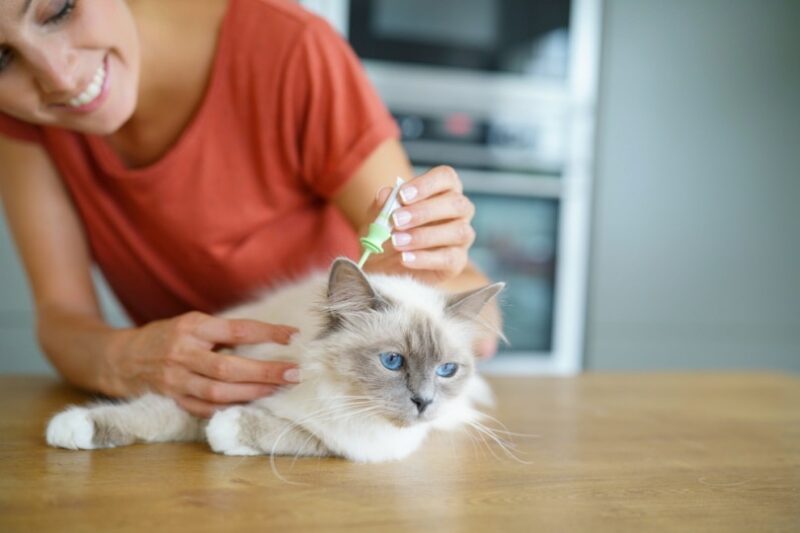





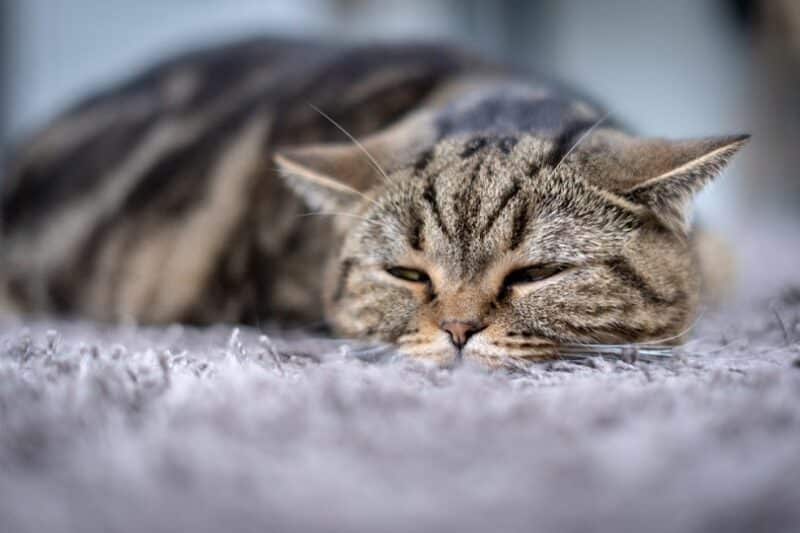
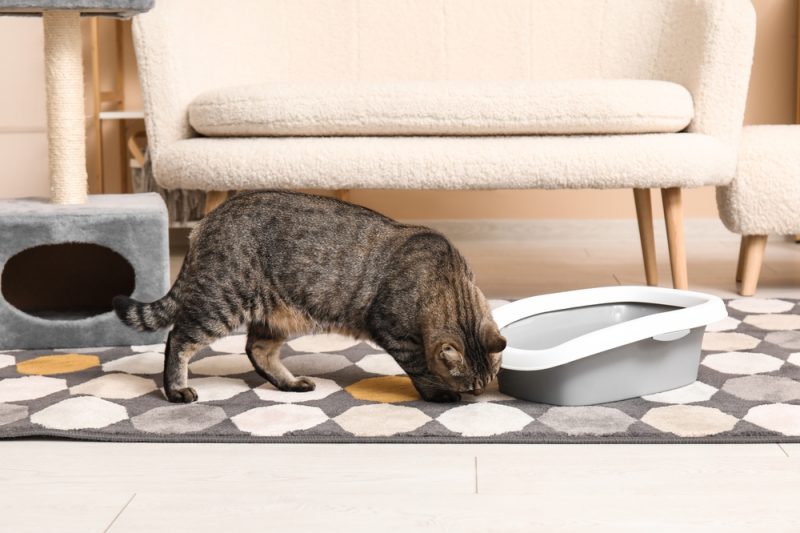

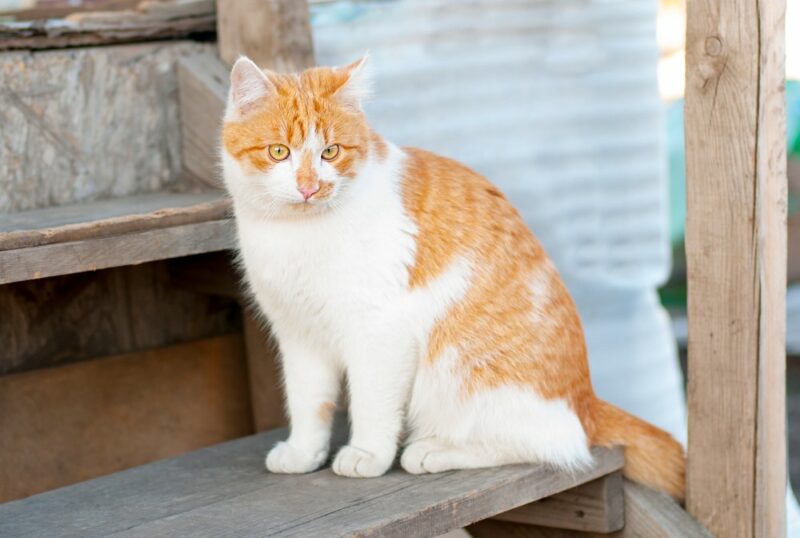
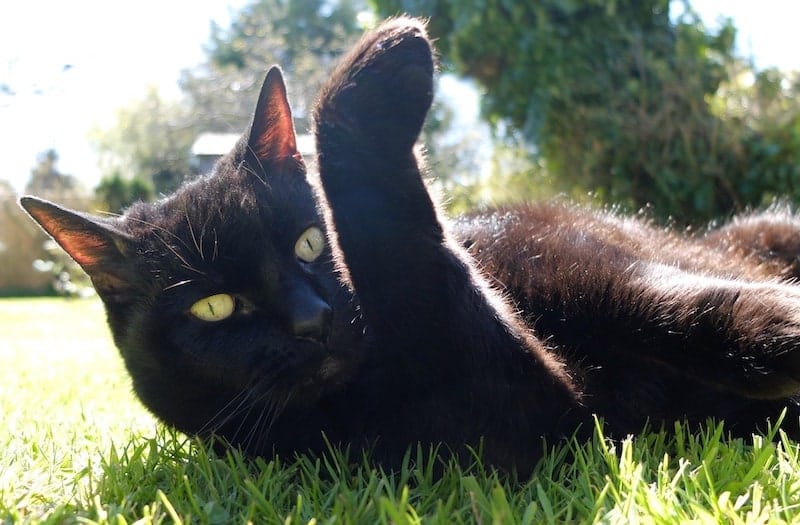
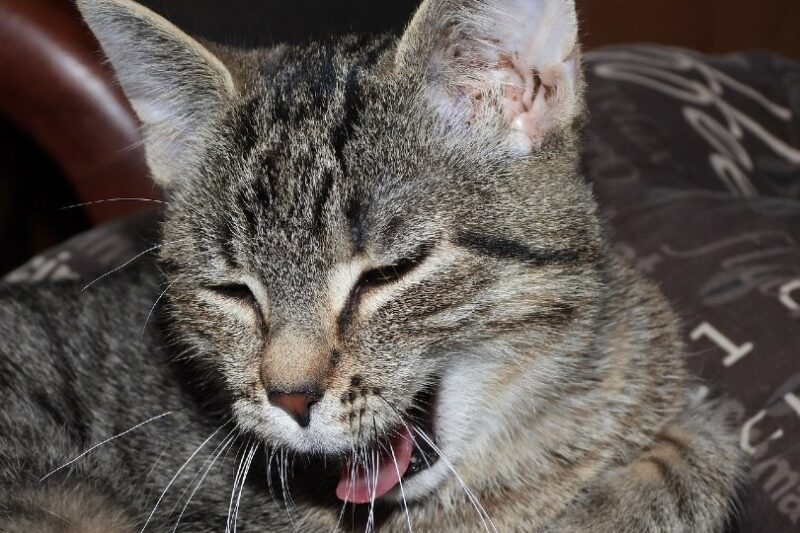
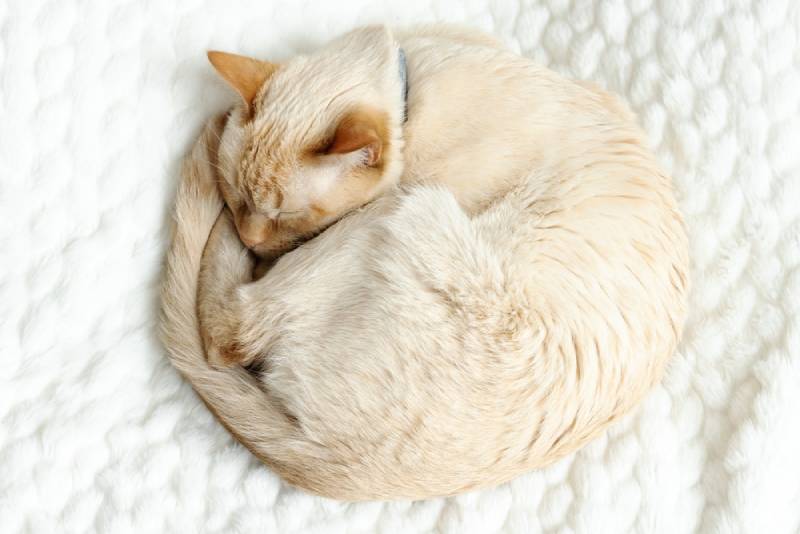
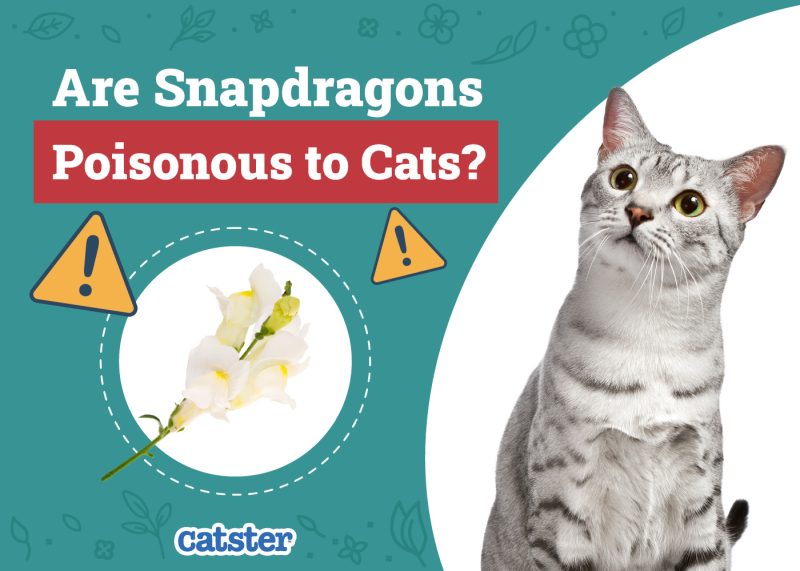
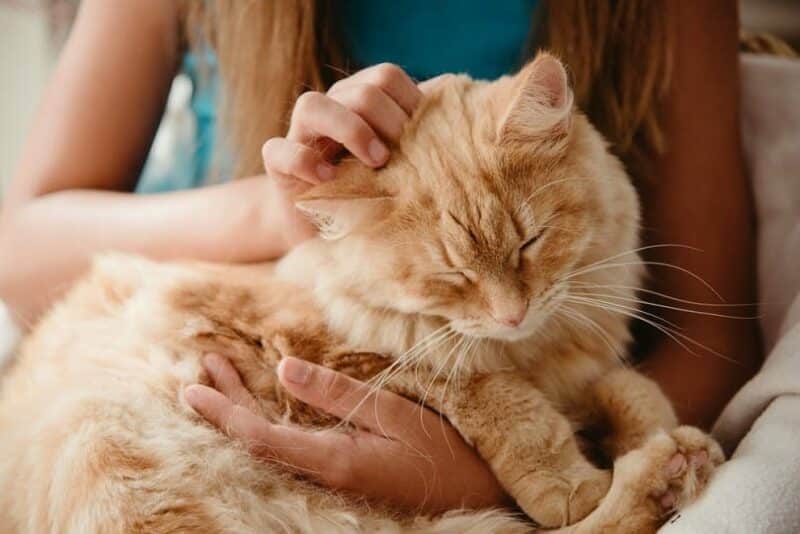


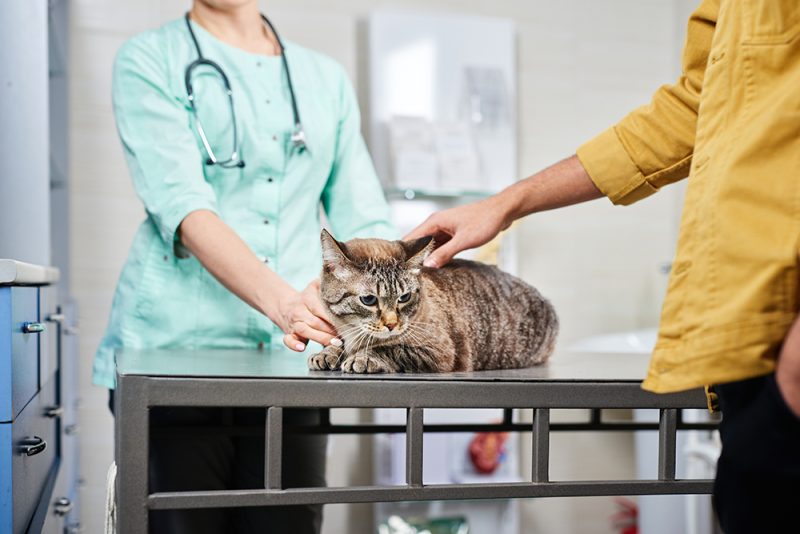

2 Responses
Yes Thank you,, my long haired cats dont show any sign of fleas , but they groom and itch constantly. Is there any other bug they could have? Should I use a flea product anyway?
Hi Beth Leyland, thanks for your comment. Excessive grooming and itchy skin could be caused by a lot of reasons, from allergies to anxiety. If you need more guidance here you book a one-on-one call at www.pangovet.com.